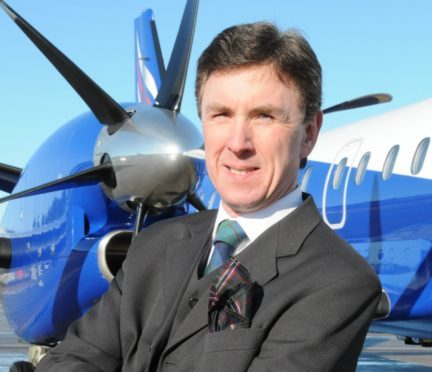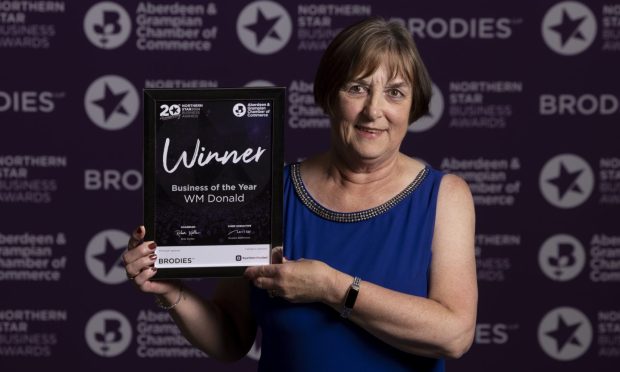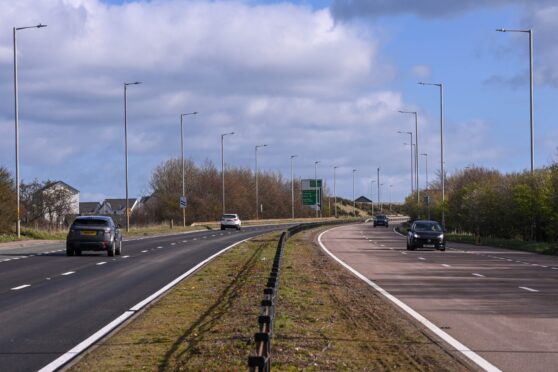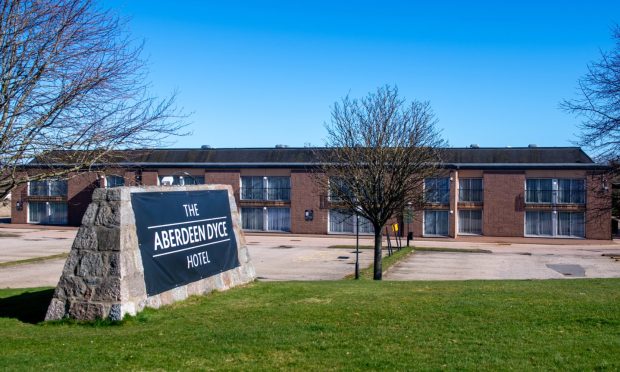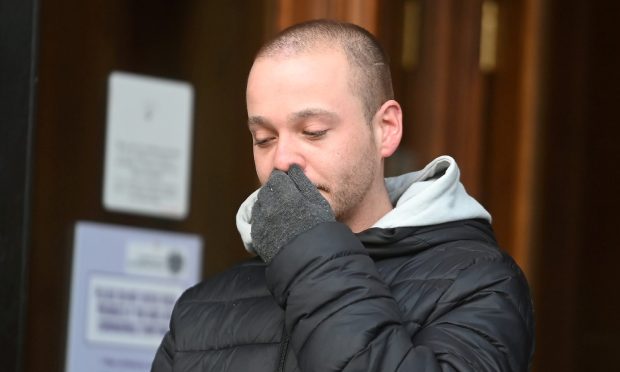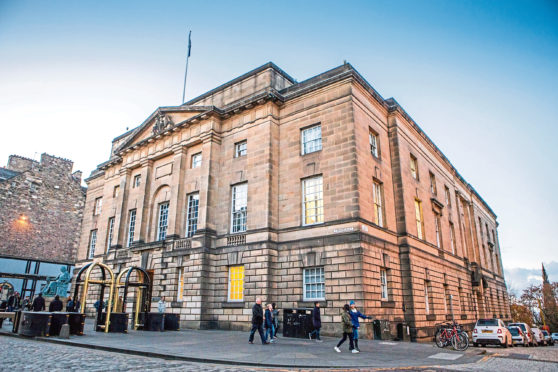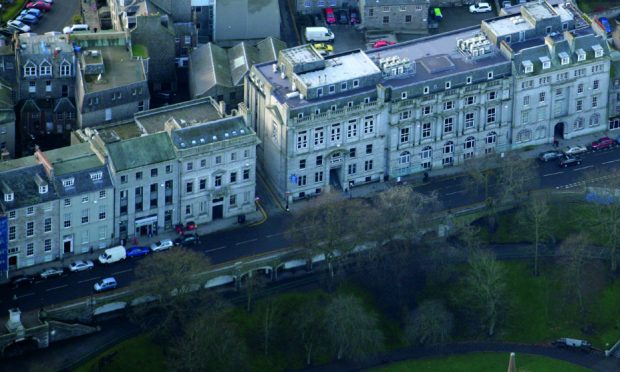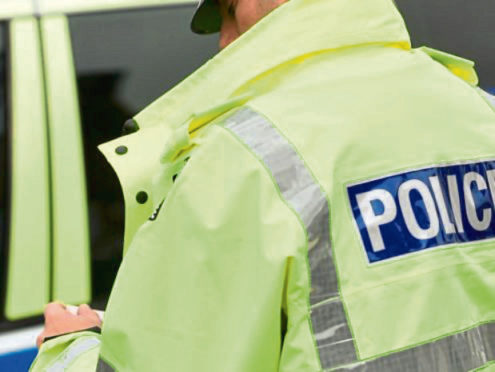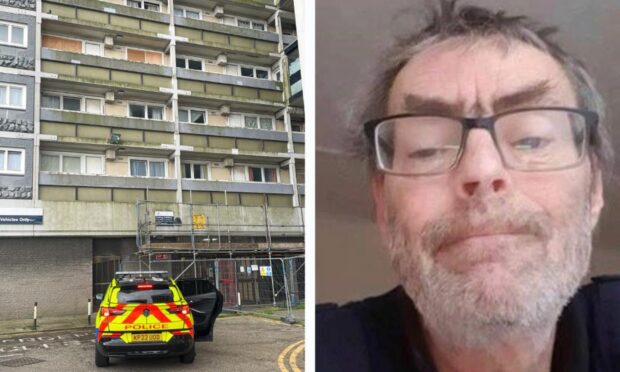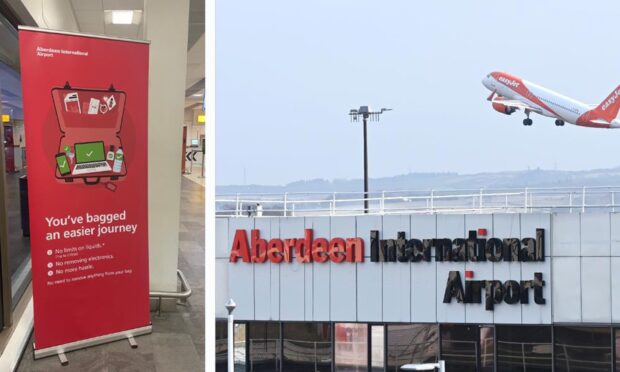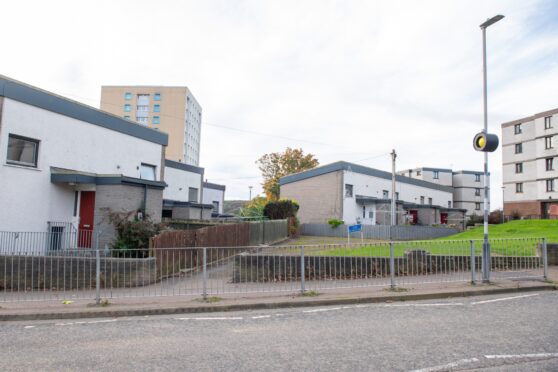A major business body has called for Aberdeen council chiefs to ditch plans for a “unwanted and regressive” tourist tax it believes will damage the city.
Leaders have long called for the powers to be devolved from Holyrood to allow them to introduce a levy which they say would boost coffers by £1.7 million a year.
The scheme – similar to those in Paris, Barcelona and New York – would mean tourists paying an additional £1 a night for stays, with the money going to the local authority.
Now the Federation of Small Business (FSB) have hit out against the proposal saying that a local survey of businesses has shown 84% oppose the introduction of such a tax, while 72% predict a tourism tax would have a negative impact on businesses and the local economy.
Edinburgh, Highlands and Western Isles councils are also thought to be considering introducing the levy, though it would require Scottish Government consent.
At present it says there are “no plans” to bring in the tax.
Denis Pinto, north east area leader of the FSB, said: “Once again businesses in and around Aberdeen have voiced their concerns on this unwanted and regressive tax.
“Whilst Aberdeen City Council face pressures on their budgets and their ability to provide services across the city, the introduction of an additional tax is not the answer.
“Only last month, figures released showed Aberdeen hotels had the worst occupancy rates in the UK during 2017.
“Aberdeen must value its tourists and not price them out.
Working together with tourism and hospitality businesses, the council should be an active player in growing the city’s attractiveness to tourists and residents alike and not adding a barrier to those visiting the city.”
Plans for a tourism tax have also been criticised by other industry bodies.
Marc Crothall, chief executive of the Scottish Tourism Alliance (STA), said: “The STA recognises the need across most destinations for an increased level of long- term sustainable investment, however applying a further cost to visitors is in our opinion not a sensible approach to take.
“The need for Scotland to become more competitive as a destination for visitors to travel to and spend money in is now greater than ever in relation to our impending exit from the EU. Any such visitor tax being applied is counterproductive and could have a potentially devastating long-term impact on Scotland’s tourism industry and local economies.”
Fiona Campbell, chief executive of the Association of Scotland’s Self-Caterers (ASSC), added: “The introduction of a tourist tax would threaten the existence of many small businesses across the Scottish tourism sector.
“The findings of FSB’s survey chime with our own membership which suggests that, if government wants to help Scotland’s vital tourism sector, the last thing it should do is burden it with an anti-growth tourist tax.”
The councils proposal is not, however, without support and others believe it could help fund improvements in the area.
Andrew Martin, vice chair of Aberdeen City and Shire Hotel Association, said he would provisionally back the levy – as long as the money was ploughed back into attracting more tourists rather than to cover day-to-day council spending.
He said: “The test case here will really be Edinburgh.
“I think there is an argument for embracing it fully although that would mean that the money raised would be used to further boost tourism in the region,” he said.
“There are advantages to the council because, to a certain extent, tourists are a soft target since they don’t vote in the area.
“I think there is value in having conversations around it but I would be dead against it if councils used the funds for day to day services.”
City council co-Leader Jenny Laing, meanwhile, said it was important that more decisions were made at a local level.
She said: “Aberdeen City Council has championed devolution of powers from Holyrood to Aberdeen and we see a tourism levy as a step in the right direction.
“SNP cabinet secretary for finance and the constitution Derek Mackay requires to work with Aberdeen City Council to provide the council with the economic levers it requires to stimulate economic growth in the city.
“If a tourism levy was to be introduced we would work with the FSB and other to ensure that the concerns raised are mitigated, however hoteliers only have to look out their windows today to see the Cycle Tour Series event which, as part of our 365 events programme, is bring additional tourists to their premises.”
Tom Mason, Conservative MSP for the north-east region and a city councillor, said: “Given ongoing SNP cuts to budgets and the increasing cost of maintaining public services, there is merit in looking more closely at this idea.
“The Conservative group on the council believes there is a case to be made for more powers to be devolved to a local level.
“Far too often, devolution stops at Edinburgh, and the SNP are reluctant to hand over control to local authorities.
“Aberdeen City Council has already taken an innovative approach to plugging its funding gap, with the recent bonds issue one example of finding new ways to pay much-needed local infrastructure improvements.”
A Scottish Government spokesman said that any change would require an act of Parliament.
He added: “We have no plans to introduce a visitor levy on the tourism sector, which is already subject to the second highest VAT rates in Europe by the UK Government.
“We continue to deliver a fair deal to councils across Scotland, with revenue and capital funding increasing in real terms over the next financial year.”
